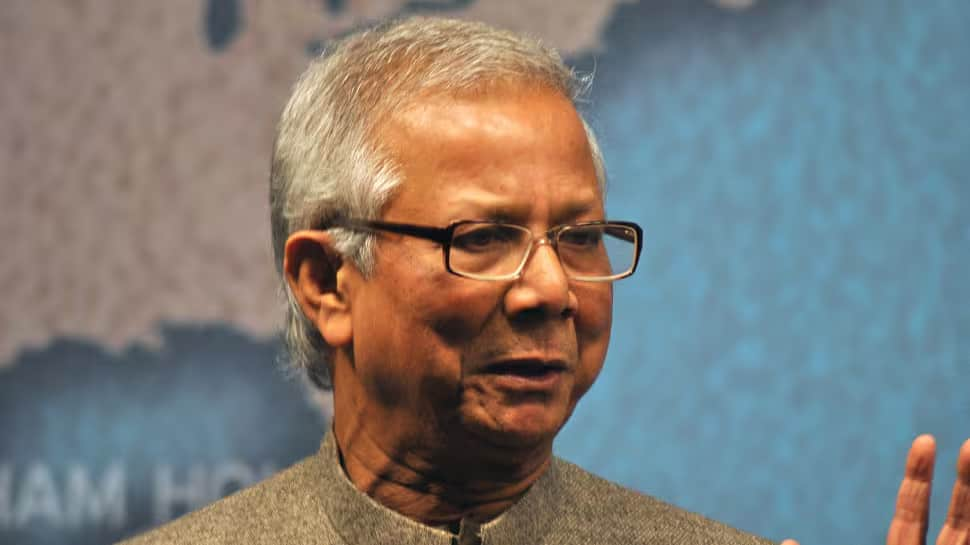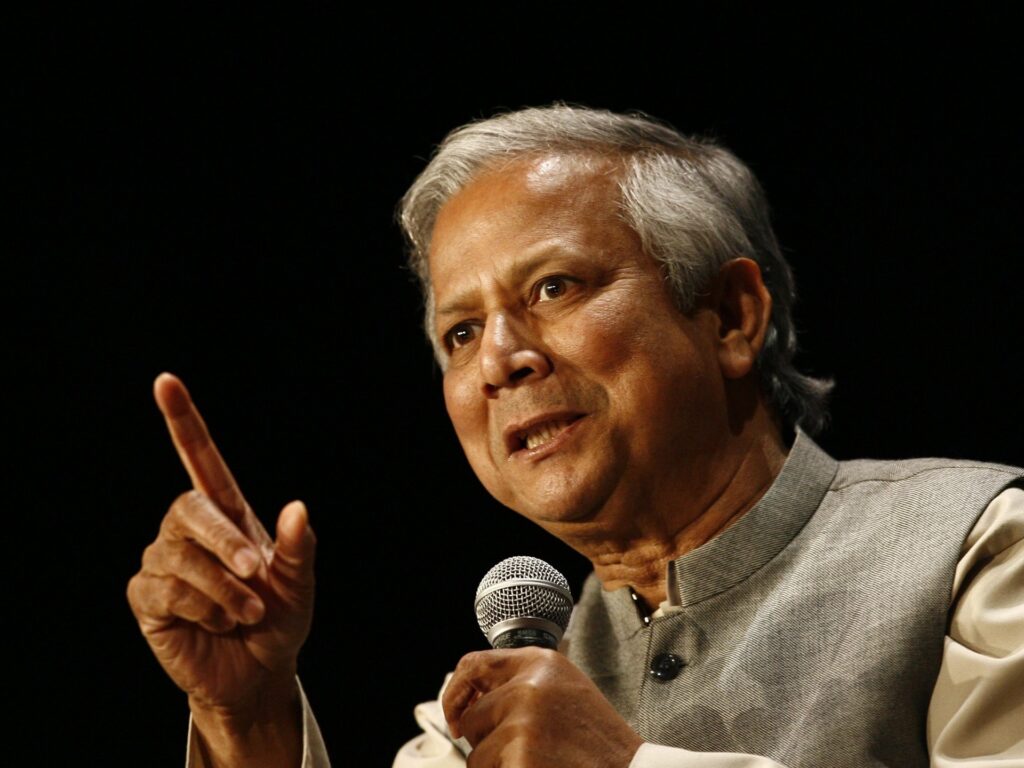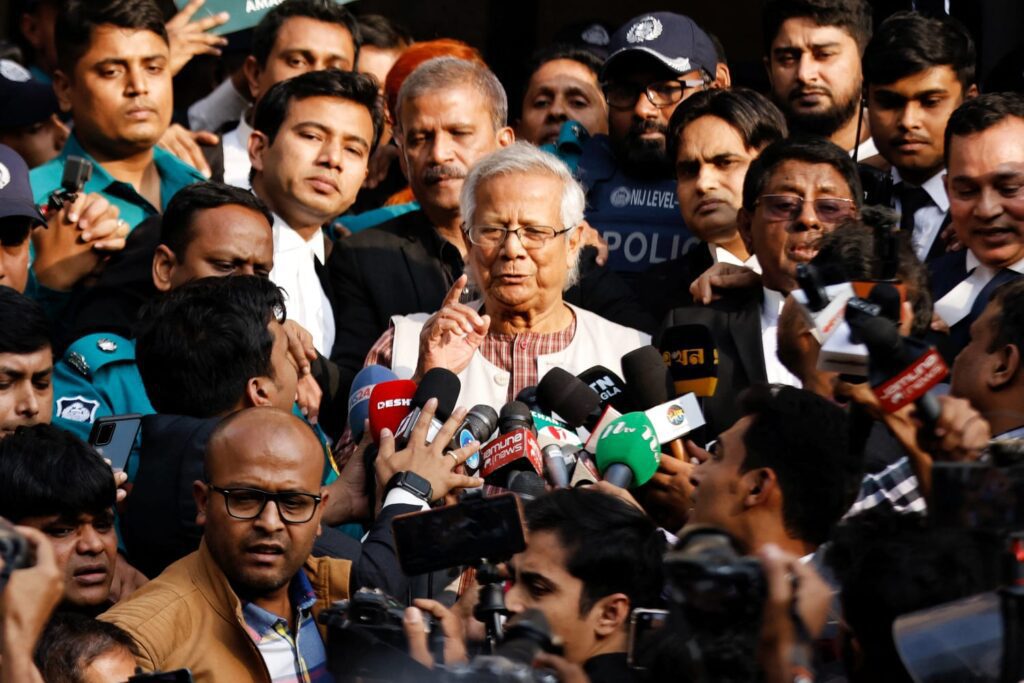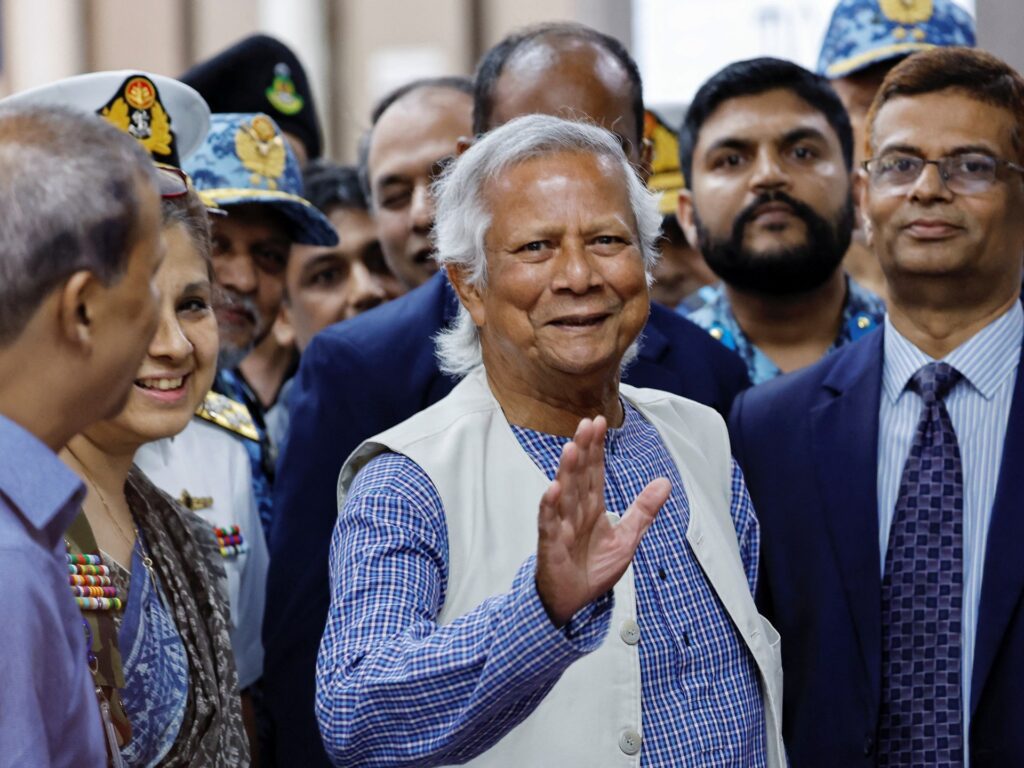Dr. Muhammad Yunus is a name synonymous with the fight against poverty. A Bangladeshi social entrepreneur, economist, and civil society leader, Dr. Yunus is best known for his groundbreaking work in microfinance and microcredit. His innovative approach has not only transformed the lives of millions of impoverished individuals but also redefined how the world views poverty alleviation and economic empowerment.
Early Life and Education
Born on June 28, 1940, in the village of Bathua, Chittagong, which was then part of British India (now Bangladesh), Muhammad Yunus was the third of nine children. His father was a successful jeweler, and his mother was a devoutly religious woman who instilled in him the values of empathy and social responsibility. Yunus excelled in school, eventually earning a scholarship to study economics at Dhaka University. He later received a Fulbright scholarship to study at Vanderbilt University in the United States, where he earned a Ph.D. in Economics.


The Birth of Microfinance
Global Impact and Recognition
In 1976, Yunus lent $27 out of his pocket to 42 women in the village of Jobra, enabling them to buy raw materials for their small businesses. The success of this small experiment led to the establishment of Grameen Bank in 1983, which provided small loans to the poor, particularly women, without requiring collateral. The model proved to be highly effective, with a repayment rate of over 98%. Grameen Bank’s approach empowered individuals to lift themselves out of poverty through entrepreneurship, thereby creating a ripple effect of economic and social change.
Dr. Yunus’s microfinance model quickly gained global recognition and was replicated in various countries across Asia, Africa, and Latin America. The Grameen Bank and its principles have inspired a global movement, resulting in the formation of countless microfinance institutions worldwide.
In 2006, Dr. Yunus and the Grameen Bank were jointly awarded the Nobel Peace Prize for their efforts to create economic and social development from below. The Nobel Committee praised Yunus for his innovative approach to poverty alleviation, recognizing that sustainable peace could not be achieved without addressing the root causes of poverty.


Social Business and Beyond
One of his notable social business ventures is Grameen Danone, a joint venture between Grameen Bank and the multinational food company Danone, aimed at providing affordable, nutritious yogurt to malnourished children in Bangladesh. The profits from this venture are reinvested into the business, ensuring its sustainability and social impact.
Criticism and Challenges
Additionally, Dr. Yunus’s relationship with the Bangladeshi government has sometimes been strained. In 2011, he was controversially removed from his position as managing director of Grameen Bank by the Bangladeshi government, which cited age-related concerns. Many, however, believe the move was politically motivated, given Yunus’s growing influence and his brief foray into politics.
Muhammad Yunus
Chief Advisor
Legacy and Influence
Dr. Muhammad Yunus’s contributions extend far beyond microfinance. He has been a tireless advocate for poverty alleviation, social business, and sustainable development. His work has inspired a new generation of social entrepreneurs who believe in using business as a force for good.
Dr. Yunus has also been a vocal proponent of the concept of a “world of three zeros”—zero poverty, zero unemployment, and zero net carbon emissions. He believes that with the right mindset and innovative approaches, these goals are achievable within our lifetime.
In recognition of his enduring impact, Dr. Yunus has received numerous awards and honors, including the Presidential Medal of Freedom and the Congressional Gold Medal in the United States. He continues to write, speak, and advocate for a world free of poverty, where every individual has the opportunity to live with dignity.


Conclusion
Dr. Muhammad Yunus’s legacy is a testament to the power of innovative thinking and unwavering commitment to social justice. His pioneering work in microfinance has transformed millions of lives, and his vision for social business inspires change-makers worldwide. As the world grapples with complex challenges like poverty, inequality, and climate change, Dr. Yunus’s ideas offer a hopeful and practical path forward.

